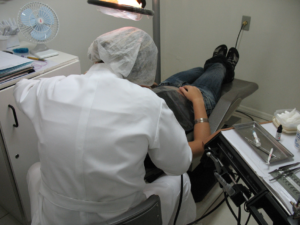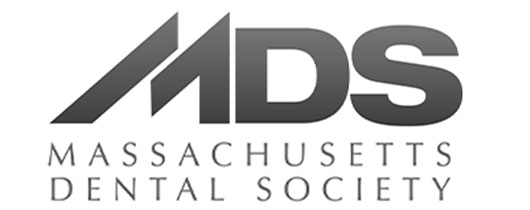Dental extraction refers to the removal of a tooth and can occur for a few reasons. If you have experienced dental trauma or are suffering from serious pain, you may need a tooth extraction or other emergency visit.
How Does A Dental Extraction Work?
Pulling or extracting a tooth is one of the more serious procedures you can get at the dentist. It is not done lightly and typically your dentist has a good reason for it. Other times, people have emergency situations occur such as accidents or other physical trauma that may necessitate the removal of a tooth.
There are two kinds of extractions and your circumstances will dictate what procedure you might need:
Simple Extraction: Simple extraction refers to a manual removal of your tooth at your dentist’s office with just local anesthetic applied.
Surgical Extraction: Surgical extraction refers to a full surgical procedure where you may be put under general anesthesia. This is because the tooth is not visible or will not come out under normal circumstances. The most common reason for surgical extraction is wisdom teeth removal where the teeth are not visible or fully exposed.
Why Would a Dentist Pull a Tooth?
There are several situations that may require a serious procedure like a dental extraction. Some of them are long term issues and others may be sudden or unexpected.
Long term issues include preparation for braces or other orthodontics or for patients who are receiving radiation for cancer treatments that may cause dental issues.
Short term causes include physical trauma such as an accident or impacted wisdom teeth. Some patients go years without wisdom tooth issues before requiring surgical removal within a week or two.
What Can I Expect Before and After?
For simple extractions, there is not much prep that needs to be done. Your dentist will numb the area and remove the tooth. For surgical extractions, you will need to complete the same kind of prep you would for other surgeries such as fasting from meals and using antibiotics before and after.
After a tooth is removed, you will need to take care of the area as well as your teeth in general. Care includes strictly eating soft foods and cleaning the area with saline gargles. Your dentist may or may not encourage brushing in the short term depending on your needs.
Finally, patients need to be careful about side effects such as numbness, soreness or dry socket. While it is normal for the site to be sore or numb for a few days, long term effects will require a second visit with your dentist. In 3-4% of cases, you might experience dry socket. Dry socket refers to improper healing in the area and a blood clot not forming which can expose the bone. This condition can be very painful and must be dealt with immediately.
What Should I Do If I Need Emergency Dental Care?
If you have experienced severe pain or had an accident and need emergency dental care, call or reach out to us today at Hassey Do Duy Dental. Our expert staff will see to your emergency dental needs while taking every precaution to protect our staff and patients.




